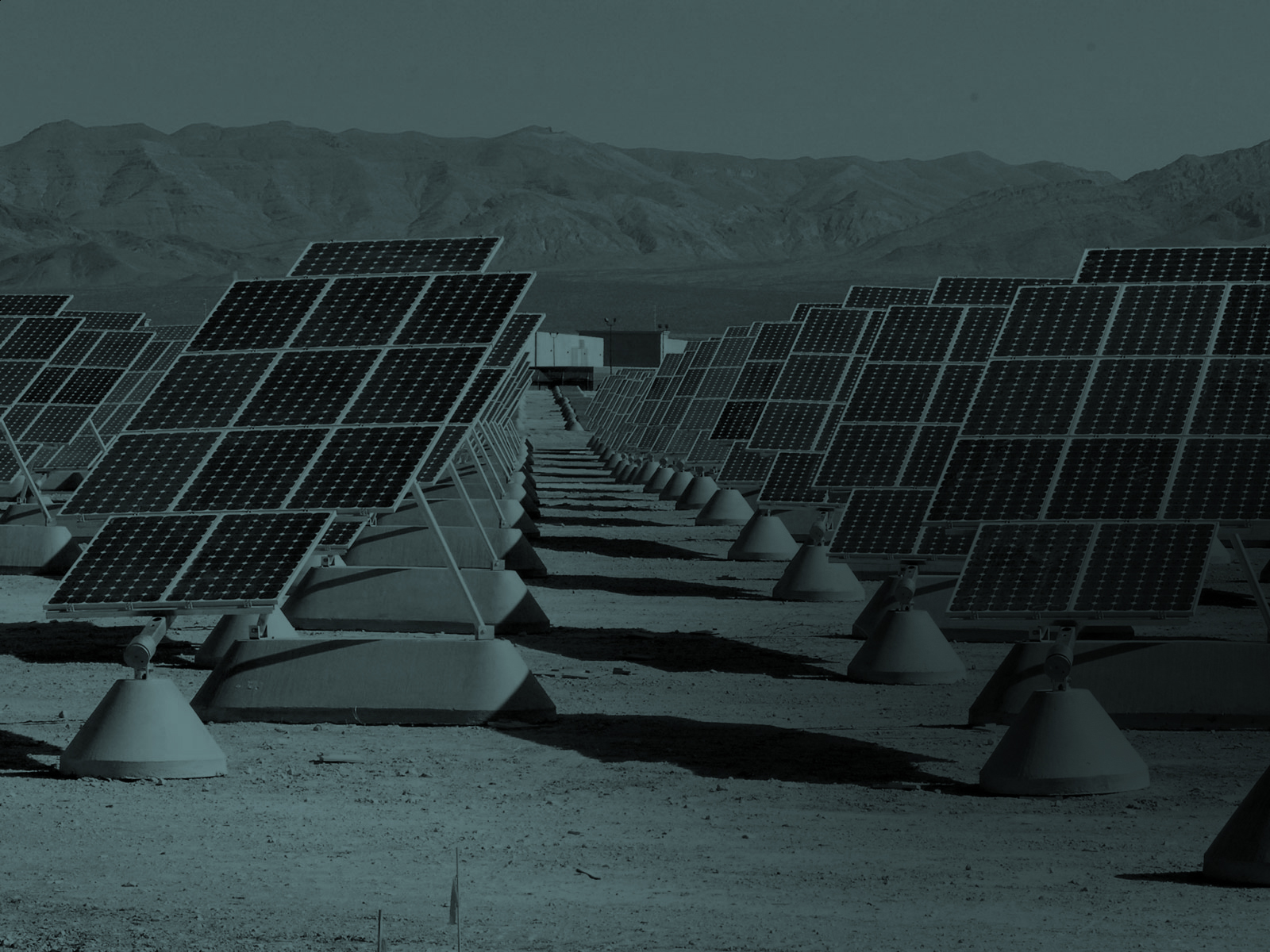George Monbiot thinks that "The green deal is a useless, middle-class subsidy." I don't have a problem with him attacking the government's energy efficiency proposals. However, I was surprised to read that he believes there "should be a cast iron rule for all public policy: it must not discriminate against the poor" and "the rule should not even need stating when it comes to green measures."
My problem with these kinds of statements is that they're unrealistic. Government decisions always involve trade-offs and they always lead to discrimination of one form or another. When a government chooses to shift funding from the education to the health budget, users of the health system will benefit and users of the education system will lose out. Generally speaking, the government is therefore discriminating against young people (who are heavier users of the education system) in favour of older people (who are heavier users of the health system).
Governments don't necessarily want to do this, of course. If they had unlimited budgets, I'm sure many politicians would love to throw money at every problem they came across. In the real world, though, resources are scarce and policymakers have to make tough decisions about what to fund and what not to fund. To suggest that they can somehow side step the trade-offs implicit in making these decisions is, frankly, pie in the sky. They are simply unavoidable.
The idea that these kinds of trade-offs are any more avoidable when applied to green measures is equally as difficult to defend. A key goal of UK energy policy is to decarbonise the energy supply. To do this, the government needs to subsidise the development of low carbon energy sources (i.e. renewables and nuclear) because these are not currently as cheap as fossil fuels. The subsidy means that energy users will need to pay more on their bills to cover the additional cost of developing and paying for the new infrastructure. Energy companies don't vary their prices according to the income of their customers, so poorer people will end up paying a larger share of their incomes to cover the planned shift. Unfortunately, that means policy will be discriminating against the poor.
Again, most politicians would doubtless prefer that this wasn't the case, but the reality is that our energy and environment challenges present them with a variety of trade-offs between environmental sustainability, equity and economic growth. Plans around the development of low carbon energy in the UK suggest that the government is choosing to trade-off some equity and economic growth for a more sustainable energy system. That might be discriminating against the poor, but I wonder if Mr Monbiot would prefer that we continue to degrade the environment instead?
The views and opinions expressed in this article are those of the authors and do not necessarily reflect the views of The Economist Intelligence Unit Limited (EIU) or any other member of The Economist Group. The Economist Group (including the EIU) cannot accept any responsibility or liability for reliance by any person on this article or any of the information, opinions or conclusions set out in the article.




